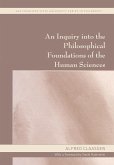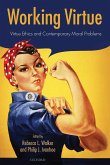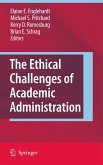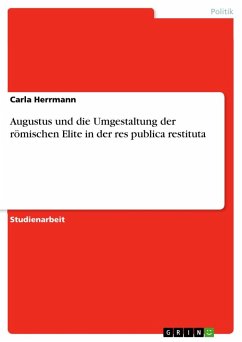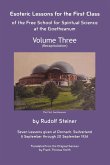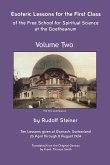In this original book, Claudia Leeb uses a poststructuralist perspective to chart explicit and tacit assumptions about the working class in general and the working-class woman specifically in the classical texts of prominent political philosophers and social critics including Plato, Aristotle, Kant, Rousseau, Marx, Weber and Bourdieu. The author argues that philosophical discourses that construct such categories as the Other function as disciplinary practices that aim at keeping working-class women either out of or at the margins of academic institutions. She analyzes interviews with women from a range of national origins in New York City's elite academic institutions, who identified their backgrounds as working class. Her analysis foregrounds the potential of these women to resist class and gender discipline. Working-Class Women in Elite Academia makes a significant contribution to political-theory literature on injustice that challenges and reconfigures the meanings of woman and working class. It is of particular interest to political philosophers, critical theorists, and women's and gender studies scholars.
Bitte wählen Sie Ihr Anliegen aus.
Rechnungen
Retourenschein anfordern
Bestellstatus
Storno


